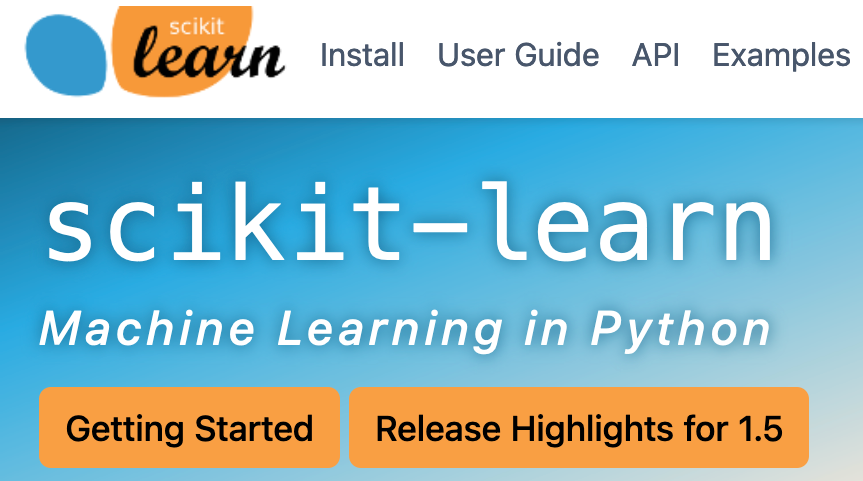
Introduction to Scikit-Learn: Machine Learning with Python
Postgraduates and staff attended the workshop on 22nd April 2024 from 2 pm to 4 pm. The workshop focussed on an interactive learning environment, encouraging participants to ask questions, share insights, and collaborate on exercises. With a focus on practical implementation, attendees gained the knowledge and confidence to apply machine learning techniques to their own projects and datasets.
Scikit-Learn is a Python package which hosts a number of widely used machine learning algorithms within Python code. It is becoming popular across industry and academia, especially as interest in Artificial Intelligence advances.
Machine learning algorithms are small building blocks towards Artificial Intelligence which allow computers to appear to respond intelligently to human requests. These work by creating a complex web of equations where coefficients have been determined by variation, and in part randomly.
The workshop was for postgraduate students and staff interested in learning and exploring machine learning in their research.
The hands-on workshop introduced Google Colab which is a free-to-use Jupyter Notebook that requires little setup to use and is suitable for machine learning. The workshop then progressed to explore: - Getting started with Colab’s features to mount directories, run code, and make comments. - Exploring available datasets for supervised and unsupervised learning examples. - Preparing and representing data in Scikit-Learn. - Introducing classification and regression principles through a series of examples.
The workshop delved into exploring strengths, weaknesses, and real-world applications of various machine learning algorithms.
Links:
scikit-learn
Nesi tutorial
